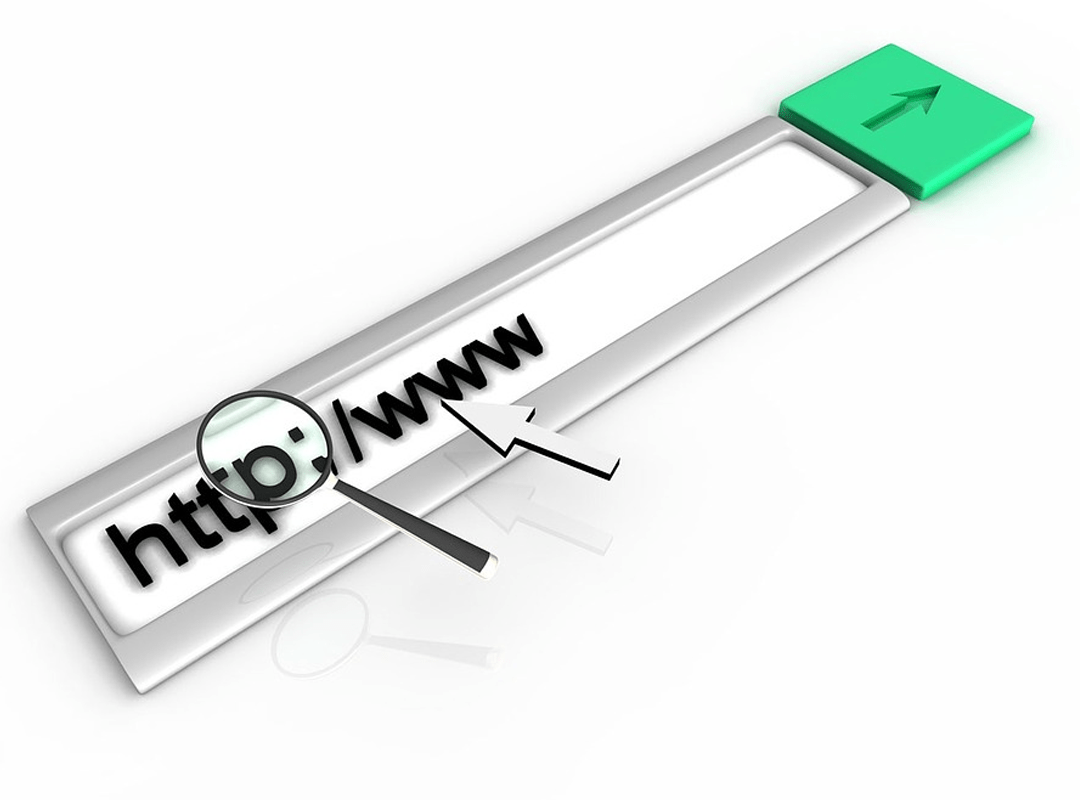Many browsers show ‘not secure’ messages to website visitors if a website does not have an HTTPS connection. Most visitors will navigate away from a website if it is not secure. This means that if your business’ website isn’t secure, you’re going to lose a number of opportunities to gain leads and customers. This blog is a guide to HTTPS and lists reasons to make website more secure with HTTPS.
What is secured HTTP? HTTPS or secured HTTP is the same as HTTP but it’s more secure. HTTPS uses the same protocols as HTTP, but there is a security layer which encrypts data and makes transfer more secure. It encrypts the connection between a browser and the website. This secures the data and makes sure that hackers cannot intercept it. By using HTTPS sites you can secure the login procedure and personal data of the website visitors. HTTPS works with the SSL protocol to securely communicate information through encryption, data integrity and authentication.
How to determine if you have a secured website?
There are few ways to determine whether your or any other website is secured or has SSL. On Google Chrome or any other browser, it is easy to check whether a website is secured with an SSL certificate or not. You can see a closed lock along with “secure” in green on the websites which are certified with an SSL. In case the browser you use does not display the lock, you can know by checking the URL. If it contains an https, then it is secure. You can even find online SSL checkers which can tell you if a website is secure or not without visiting it.
Impact of having SSL on business
There are a number of benefits of having SSL for a business. The benefits include:
- Improved brand perception: When you use an HTTPS protocol, your credibility increases. This is because visitors feel that the brand respects their security and privacy. This is especially important if you offer online shopping to your customers. While people are becoming aware of online data security and privacy issues, when you make website more secure with HTTPS, it leads to an improved brand reception.
- Increased customer confidence: A secure connection makes website visitors aware that a website can be trusted and that whatever information they put in will be safe.
- Better rankings: A large majority of the websites on the first page of Google results include HTTPS. Google confirmed a long time back that they prefer websites which have an SSL over others.
- Improved security: It’s easy for hackers to intercept data and information transmitted via HTTP. When you make website more secure with HTTPS, hackers can not see the content of the request. Thus, the content is safe from theft by hackers.
- Increased conversions: Most users now prefer secure connections for online transactions or when providing contact information. Thus, having a HTTPS website means that you will be getting more conversions.
Read about how to build an effective brand strategy, in our blog: BUILD AN EFFECTIVE BRAND STRATEGY- A STEP BY STEP GUIDE.
Steps to make a website more secure
Securing the website with an SSL certificate is one of the top ways of making a website secure. We have compliled for you some of the other ways, using which you can make your website secure. Also described below, is the procedure of securing the website with HTTPS.
1. Secure website with SSL: Now the question arises how to use HTTPS and get a secure website. The first step is to determine what kind of certificate you need. Some hosting providers have SSL included and some do not. After determining the type of certificate, you can contact certificate authorities and get an SSL certificate issued. You can get single domain certificates, wildcard SSL certificates, multi domain SSL certificates and unified communications certificates. There are 3 kinds of SSL certificates validation levels:
- Domain validated SSL certificates: Domain validated certificates give the same levels of data encryption as OV and EV certificates. But they do not provide assurance about the identity of the business. They are issued after the certificate authority verifies that the domain is owned by the person(s) listed on the website.
- Organisation validated SSL certificates (OV Certificates): OV certificates are issued after the certificate authority checks databases and other assessable resources to validate the data provided by the organisation.
- Extended validation SSL certificates (EV Certificates): These provide the highest level of security and trust. They are issued after the certificate authority has conducted background checks on the company. EV certificates are used by major online retailers, government websites and banks.
2. Use CDN: A DDoS attack is done by hackers to take down a website. This is done by flooding a server with traffic until it stops responding. Once the service stops responding, the hacker is able to gain access to data stored in a content management system. By using a content delivery network you can detect traffic increases and handle the attack. It is also a good idea to make sure that the content distribution network has data centres in multiple locations. This makes sure that if one server shuts down, the website will keep running and not be vulnerable to a DDoS attack.
3. Update software: Many content management systems (like WordPress) release regular updates to make the software less vulnerable to attacks. It is your job to ensure that every software and plugin is updated as hackers look for security vulnerabilities in older versions.
4. Create secure passwords: Using strong passwords is important to keep the website server, admin and database password secure. A password must have a combination of alphabets, numbers, symbols, upper and lowercase characters and must be at least 12 to 13 characters long. Change the password regularly to reduce chances of information theft.
5. Encrypt user passwords: Store website users’ passwords as encrypted values. You can use one way hashing algorithm like SHA. Hashed passwords help to keep the damage in check in case someone hacks and steals passwords. Enforce password requirements like minimum characters, including uppercase characters, numbers, etc.
Read about HTTP status codes for SEO, in our blog: HTTP STATUS CODES FOR SEO: A GUIDE.
A successful attack on your website is frustrating for both users and businesses. Not only it compromises users’ data and your own information, but may also lead to search engines blacklisting your website. When you make website more secure with HTTPS and implement the other security measures mentioned in this post, you protect your visitors and your website. This also makes website visitors feel safe especially when they submit personal information.









